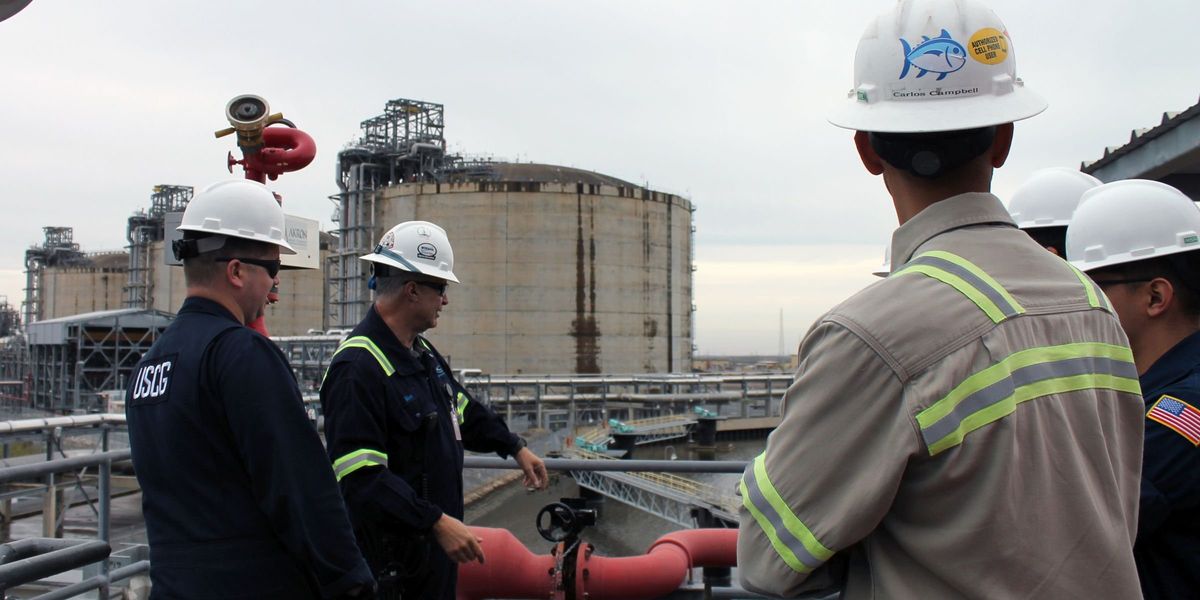olympics
Extreme heat poses danger to athletes at Paris Olympics
Forecasts predict the Paris Olympics could experience record-breaking heat, threatening athlete safety.
In short:
- A report, Rings of Fire: Heat Risks at the 2024 Paris Olympics, warns of extreme heat risks for athletes, highlighting the increased dangers since the Tokyo 2021 games.
- Paris has warmed by 1.8°C since 1924, with more frequent and intense heatwaves, risking athletes' health and performance.
- The International Olympic Committee acknowledges the growing threat of extreme heat, proposing measures to protect athletes.
Key quote:
"We now know the Paris Games have the potential to surpass [Tokyo’s heat record]."
— Emma Pocock, chief executive of FrontRunners
Why this matters:
Extreme heat poses severe health risks to athletes, from heat cramps to life-threatening heatstroke. As global temperatures rise, the sustainability of outdoor sports events is increasingly jeopardized.
Paris Olympics go green with ambitious environmental goals
The Paris Olympics aim to halve their carbon footprint by leveraging existing infrastructure and focusing on sustainable practices.
Somini Sengupta and Catherine Porter report for The New York Times.
In short:
- The Paris Olympics plan to cut greenhouse gas emissions by 50% compared to past games by using existing city landmarks, promoting plant-based dining, and reducing reliance on fossil fuels.
- Solar panels on the Seine and a preference for repurposing over new construction mark a shift toward environmental sustainability for the event.
- Concerns arise over non-traditional cooling methods at the athletes' village, challenging teams to "trust the science."
Key quote:
"We set for ourselves ambitions that have never been set for any event before, let alone have this scale."
— Georgina Grenon, director of environmental efforts for the Paris Olympics
Why this matters:
The Olympic Games, a global spectacle celebrated for fostering unity through sports, also casts a significant shadow on the environment, notably through greenhouse gas emissions. These emissions stem from various sources: the construction of venues, transportation of athletes and spectators, and the day-to-day operations during the events.
‘Big irony’ as winter sports sponsored by climate polluters, report finds
Winter sports are being sponsored by high-carbon companies despite their pollution helping to melt the snow the sports require to exist, according to a new report.
International Olympic Committee weighs rotating host cities for Winter Olympics
One proposal to ensure climate reliability would require host cities to have an average temperature at or below zero over a 10-year period. Salt Lake City organizers say they'd meet those requirements through at least 2050.
Lessons from the World Cup: How a changing climate is changing sports
End of an era for Alliant's Lansing coal-fired power plant
Alliant Energy's Lansing Generating Station — a coal-fired power plant — has operated for nearly 75 years along the Mississippi River in Northeast Iowa. After this year, it will no longer produce electricity.



















